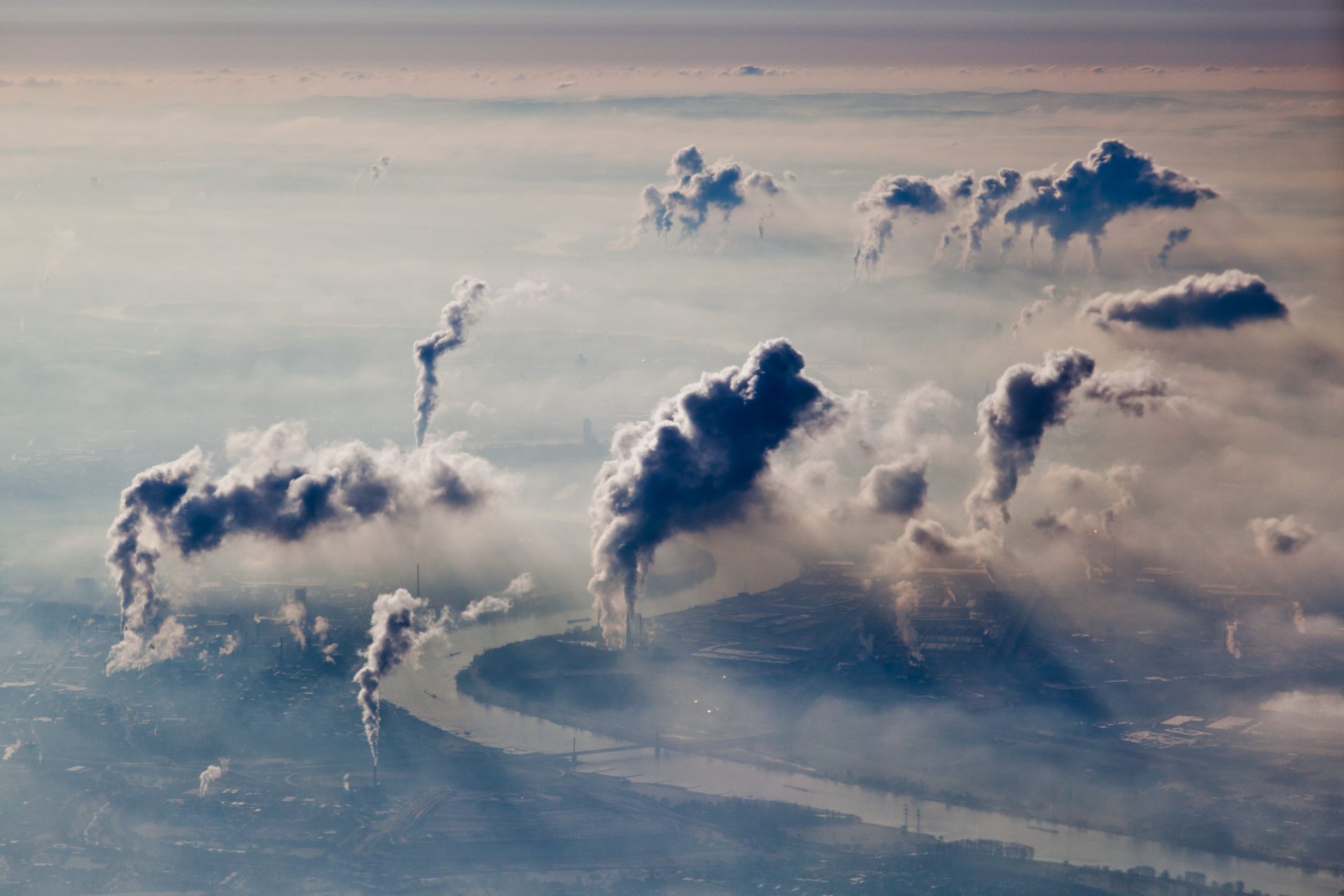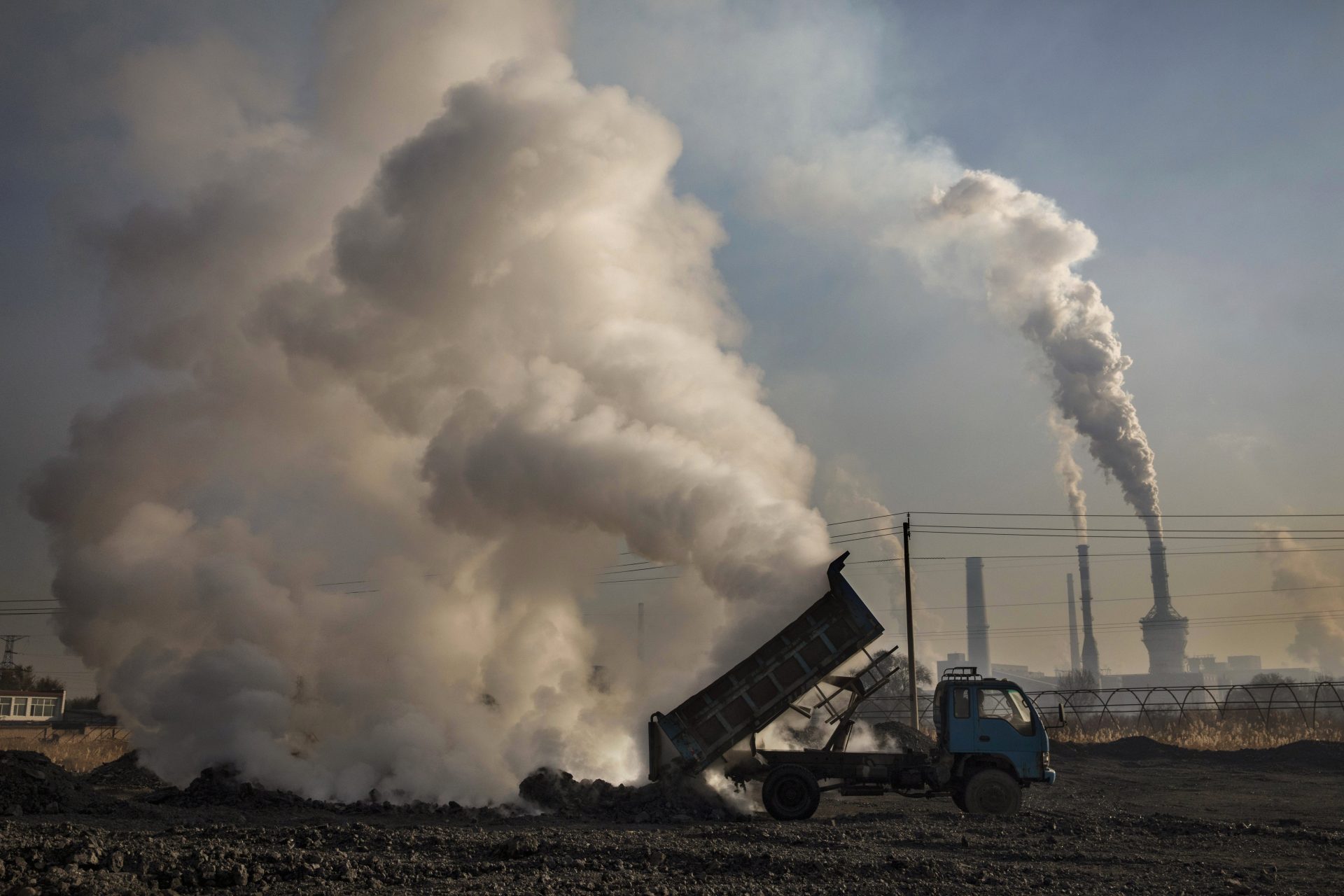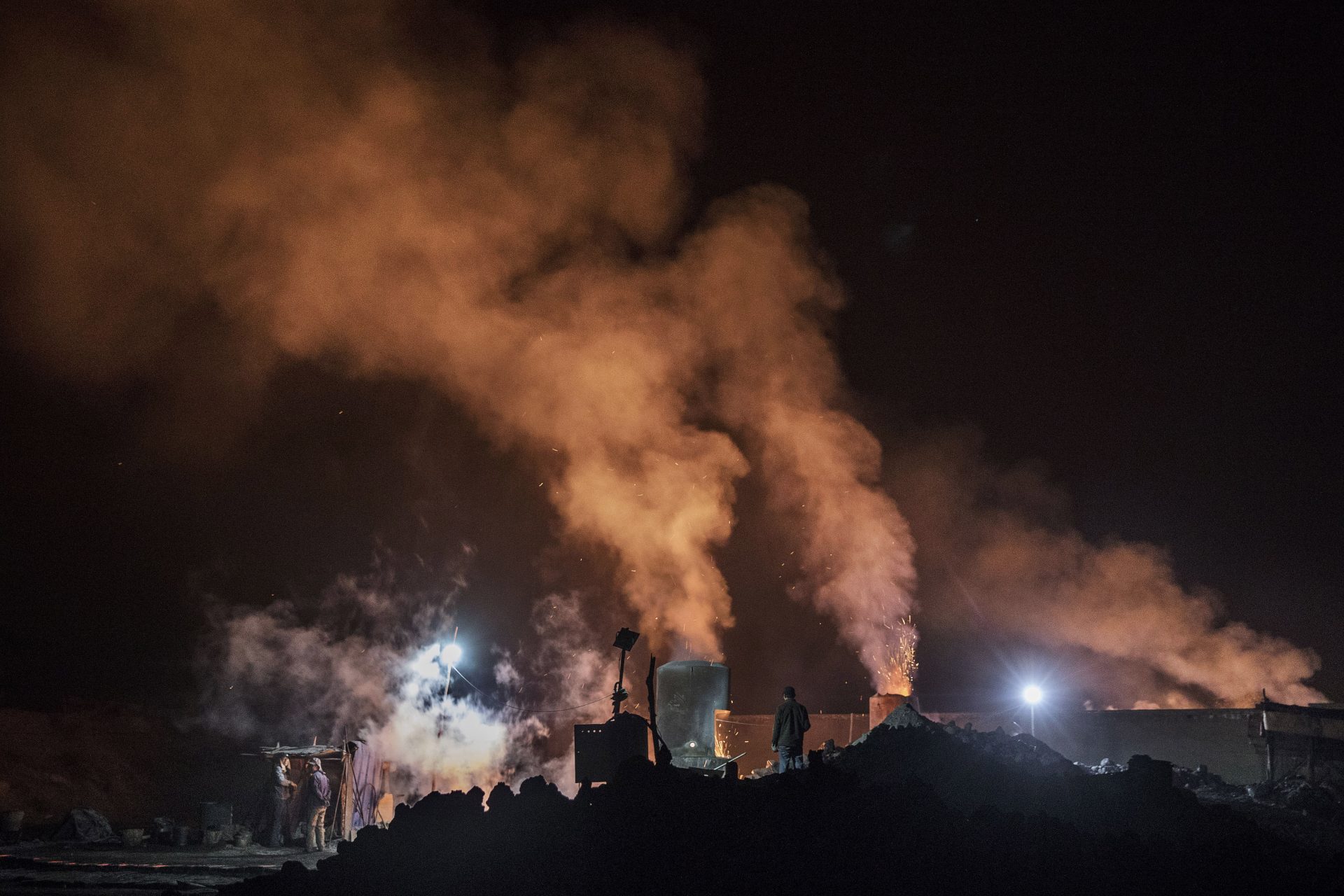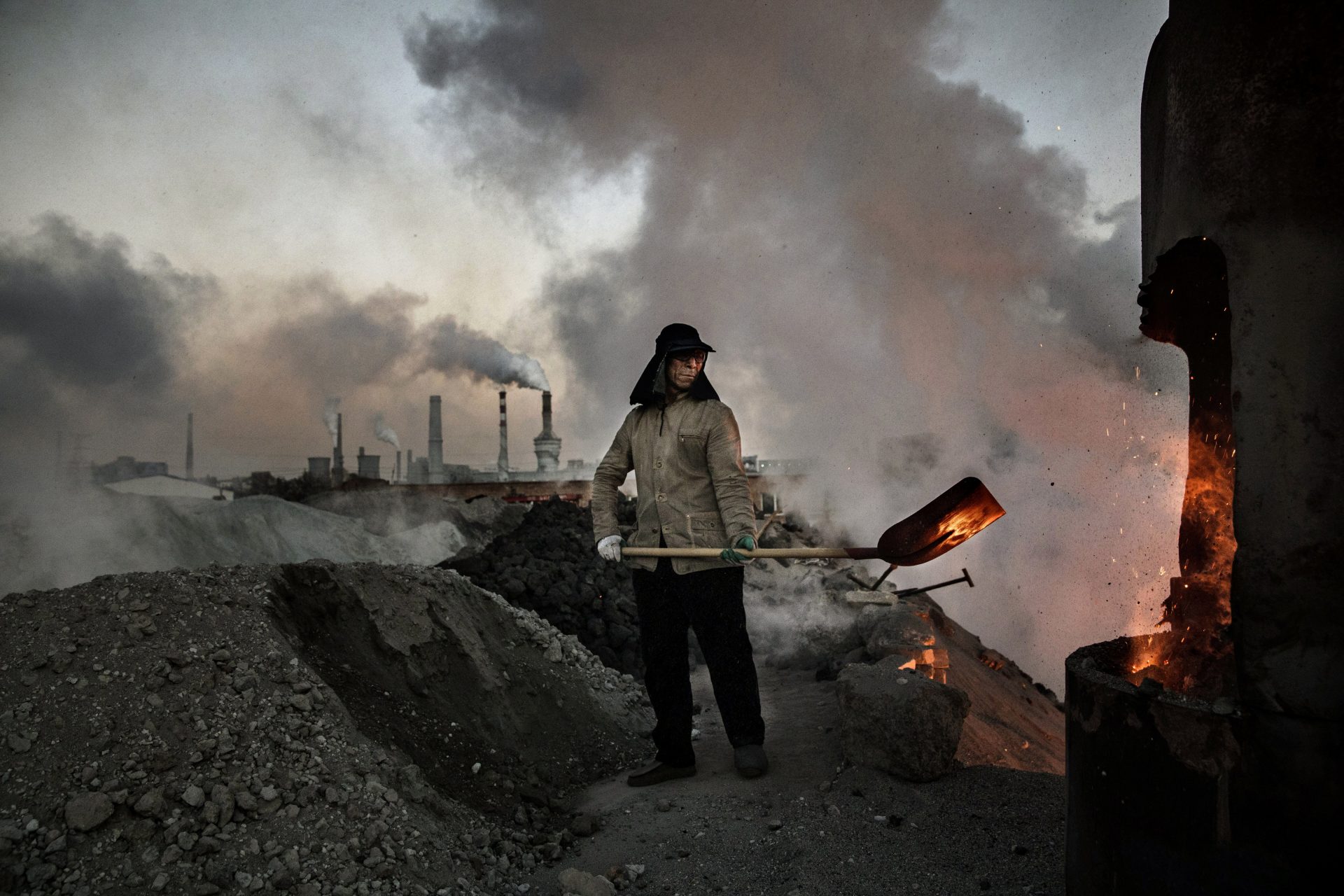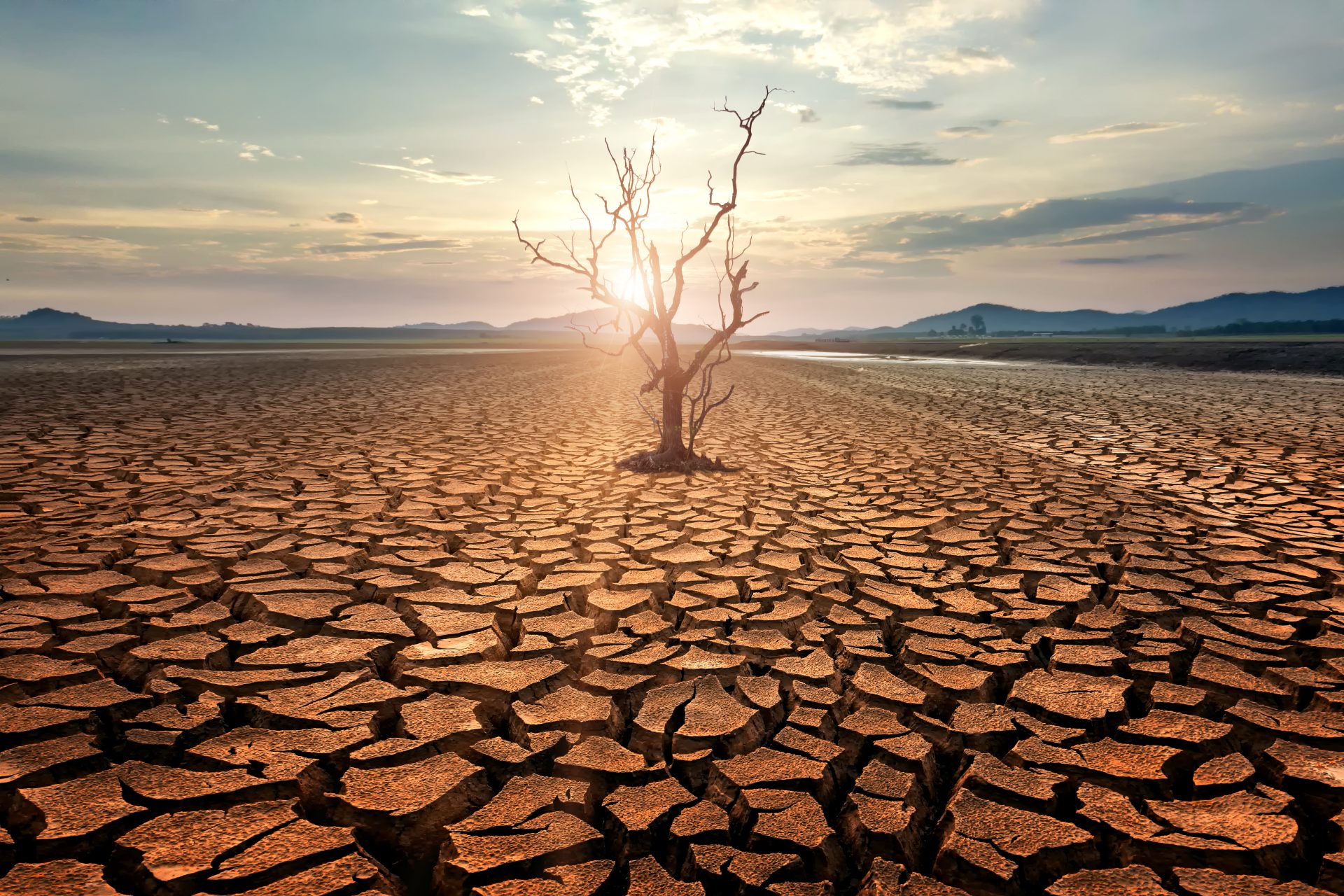Aerosols have been cooling the planet, so we don’t know how bad global warming is
While it is well known that our incessant insistence on burning fossil fuels is heating the world, fewer people are aware that we also cool the planet.
There has been a long-standing scientific consensus on how the particles of our industrial and energetic activities affect the planet's atmosphere and temperature.
Researchers know that clear aerosol (vert tiny) particles like sulfur and sulfur dioxide reflect sunlight and cool the planet while suspended in the atmosphere.
On the other hand, dark particles, like greenhouse gasses, trap heat inside and warm the planet.
Scientists also know that aerosols are very toxic and quickly spread at lower levels, where humans breed. So, they are bad for our health.
According to NASA, these pollutants lead to the premature death of around 8 million people globally each year. They can cause asthma, respiratory infections, lung cancer, and heart disease.
That is why, according to The Washington Post, powerhouses like China, the United States, and the European Union have enacted regulations to reduce sulfur and sulfur dioxide from the atmosphere much faster than other gases.
However, since these particles were reflecting sunlight and cooling the planet, the effects of greenhouse gases, with little policy of their own, would grow, and temperatures would rise.
Aerosols have been masking the severity of global warming and its resulting climate change. Experts told The Washington Post that Chinese regulations might have caused some unusual heat in 2023.
The pandemic offered an excellent chance to measure how much heat aerosols are masking since air pollution declined sharply during lockdowns. According to NASA, temperatures rose 0.2 to 0.5° F (0.1 to 0.3° C).
Experts told the Washington Post that other predictions set the masked temperatures much higher: as high as 1.8 °F (1 °C). During the pandemic, greenhouse gas emissions also declined.
When observing how much we have heated the planet, Aerosol cooling is an issue. Still, it can also lead to solutions: finding transparent aerosol particles that are not toxic could help us delay global warming.
More for you
Top Stories




